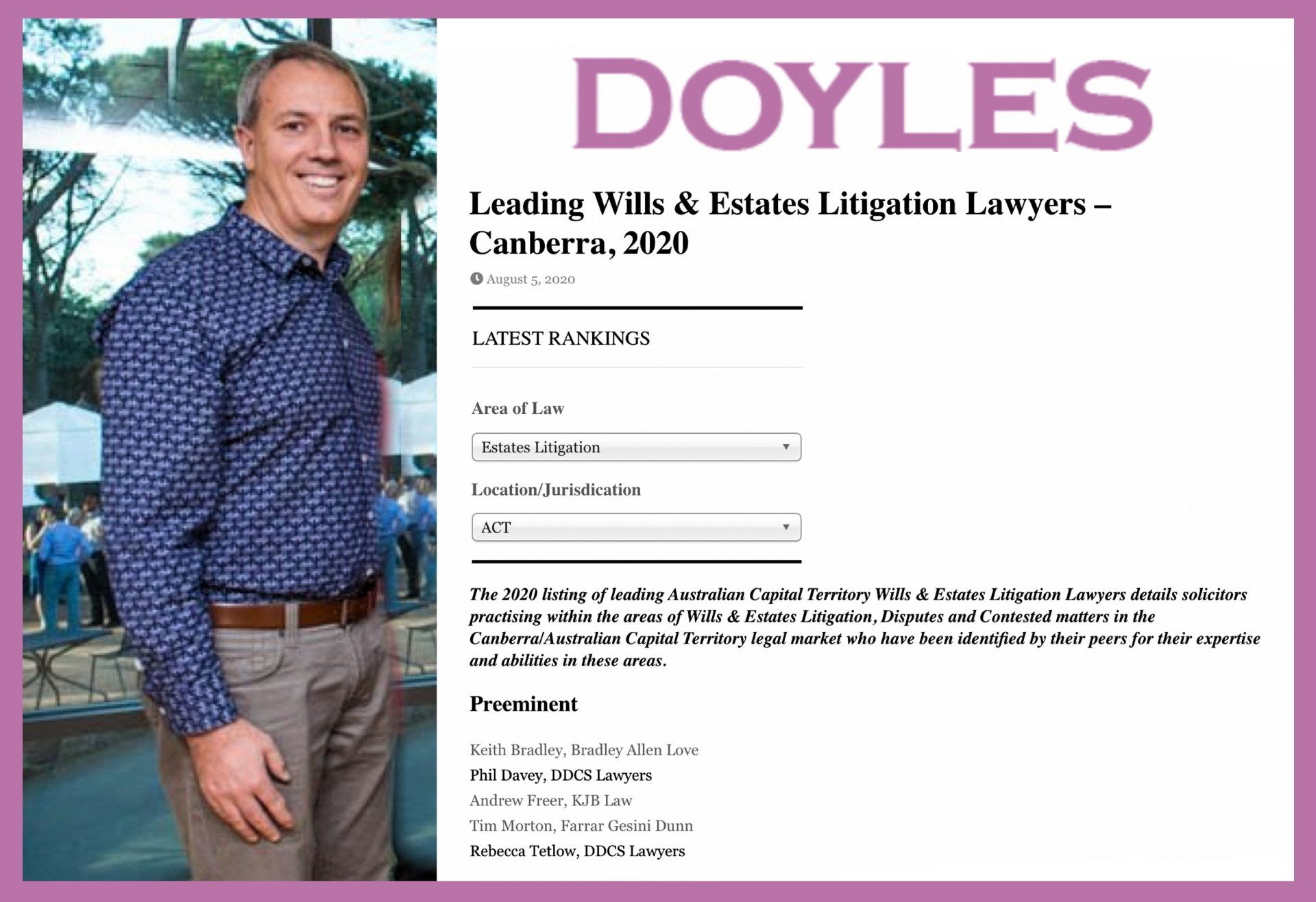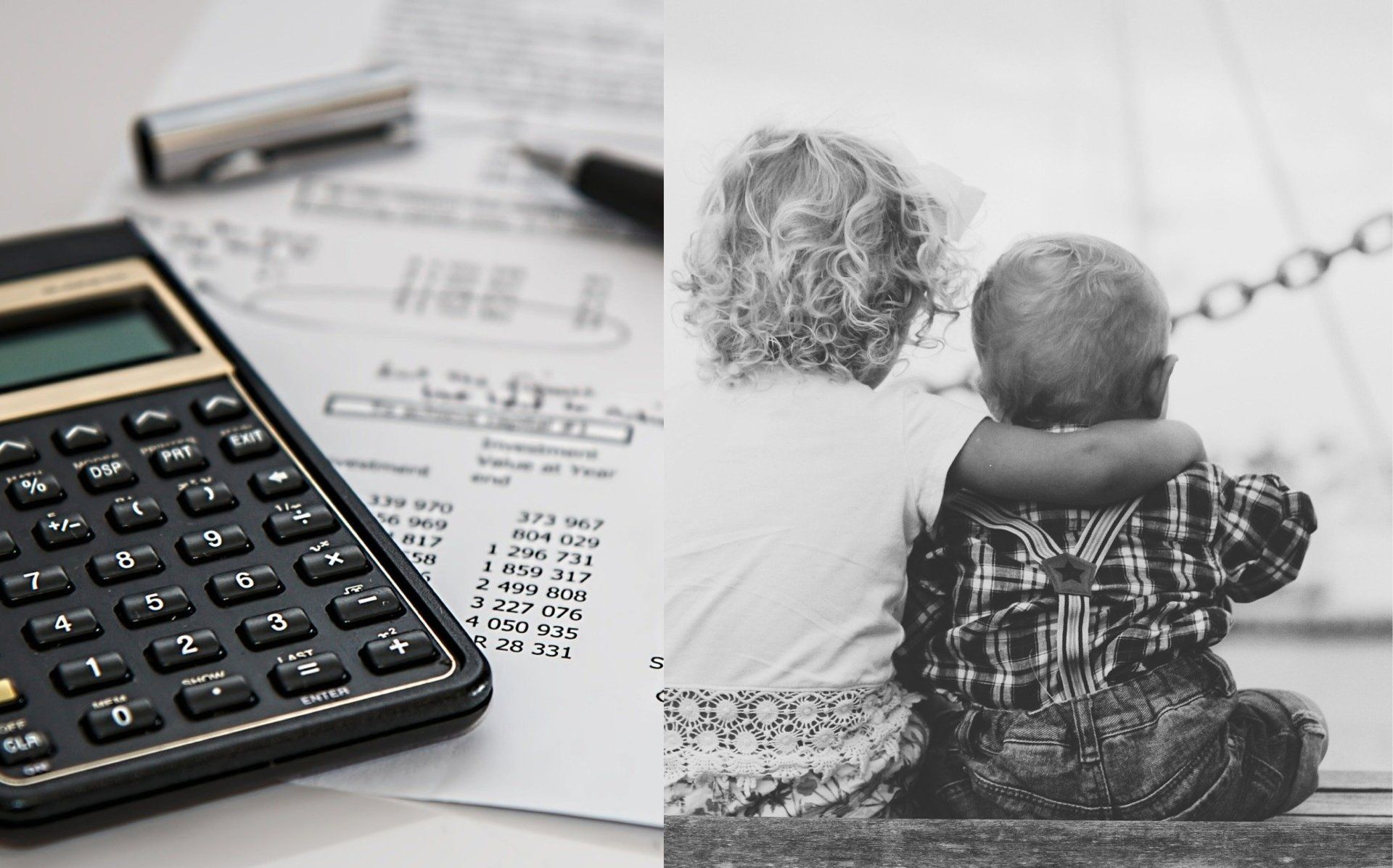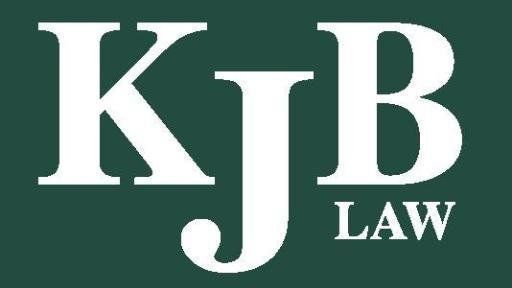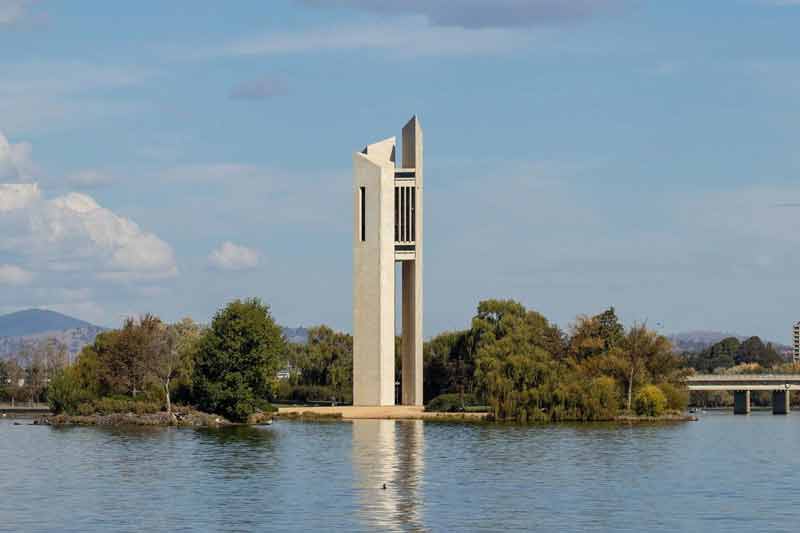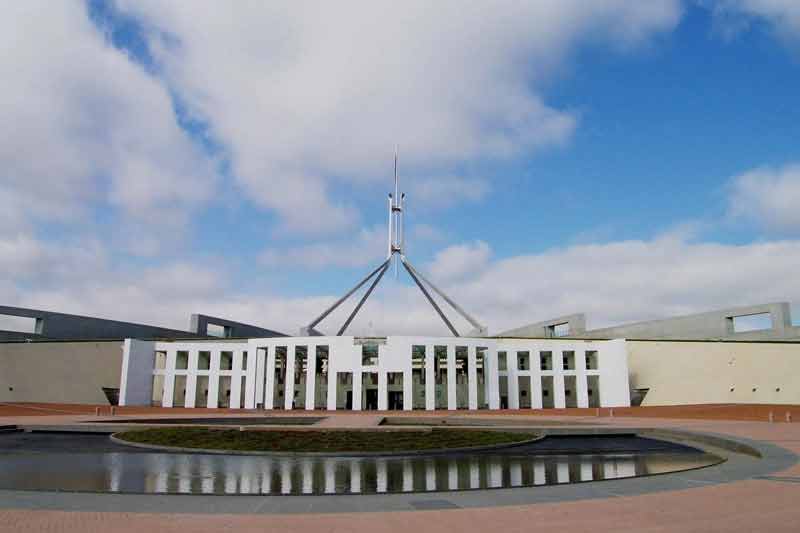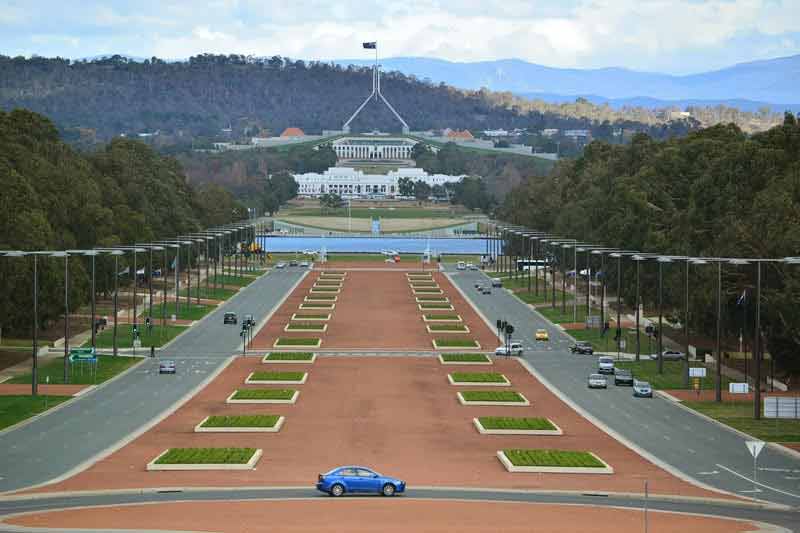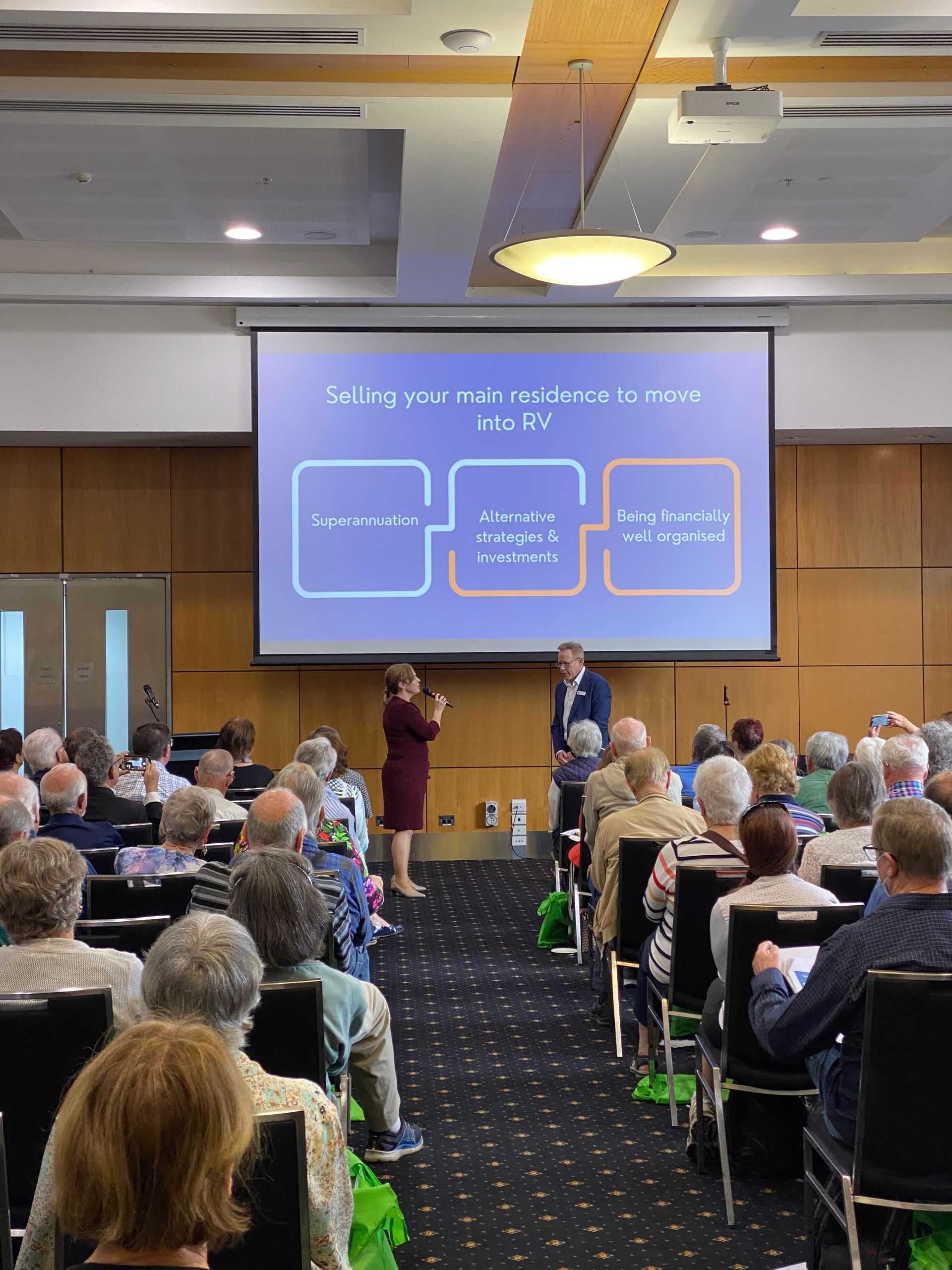SUPERANNUATION | Super is a strange thing
Superannuation is usually among a person's main assets and people refer to it as “my super”. One of the biggest misconceptions about super is that it forms part of your estate — it doesn't automatically do so! In other words, your super may not be distributed to the beneficiaries named in your will, or to the people entitled to your estate under the law if you don't have a valid will.
So what happens to my super when I die?
What happens to your super at your death depends on the terms of the super fund deed. The terms differ between super funds but generally they provide that the trustee of the super fund has discretion to distribute your super's death benefit to any, or all, of your super's dependents and your estate's legal personal representative.
Who's the trustee?
If you're a member of an industry or retail super fund, the trustee is an employee of such fund. For example, if you're a member of a BT Super fund, the trustee would be an employee of BT Super. If you're a member of a self-managed super fund you and any other member would act as trustees or control the trustee (if the trustee is a company) of the fund.
What does super death benefit mean?
Your super's death benefit generally comprises your super account balance at the time plus the proceeds of any life insurance the policy of which is owned by your super fund. Therefore, if you have a life insurance "within super", your super's death benefit can be significantly higher than your account balance and at your death your super can become a substantial asset.
Who are my super dependents?
Your super's dependents comprise:
- Your spouse, including de facto spouses (note that super legislation doesn't determine that a relationship has to exist for a certain period of time);
- Children (including stepchildren), regardless of age;
- Any other person who financially depended on you at the date of your death; and
- Any person with whom you had an interdependent relationship at the date of your death.
Who's the legal personal representative of my estate?
The legal personal representative is either the executor/s named in your will or the administrator/s of your estate appointed by the court.
What happens if my super is paid to the legal personal representative?
If your super's death benefit is paid to the legal personal representative the benefit will (and only then!) form part of your estate and is distributed in accordance with your will or according to the intestacy laws if you don't have a valid will.
Can I decide who gets my super's death benefit?
The terms of most super funds allow their members to make a binding or non-lapsing binding nomination. If there's a valid nomination of such nature in place at the date of your death, the trustee generally no longer has discretion but must pay the super's death benefit to the person/s nominated by you.
A
binding nomination generally lapses within three years and you must
therefore update it to keep it running. A non-lapsing binding nomination doesn't lapse. However it's not written in stone but
you can revoke the nomination at any time as long as you have capacity.
Important: There are quite a few pitfalls which can make your binding or non-lapsing binding nomination invalid. So, ensure the nomination complies with all requirements of your super fund!
For help contact Kerstin Glomb, at KJB Law, kerstin@kjblaw.com.au or (02) 6281 0999.
News



